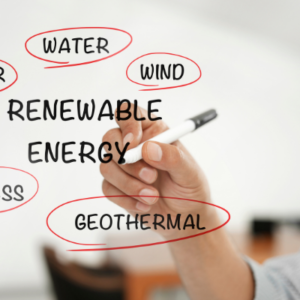A UN expert has called for rights-based energy and water systems to prevent the commodification of water and move beyond traditional market-driven energy models. During the presentation of his report “Water and Energy Nexus” at the UN Human Rights Council, Pedro Arrojo-Agudo, Special Rapporteur on the human rights to safe drinking water and sanitation, highlighted how dominant energy systems promote unsustainable extractive practices that threaten both human rights and the environment. He noted that coal, hydrocarbons, hydropower, nuclear energy, large-scale toxic discharges, overexploitation of aquatic ecosystems, and the construction of large dams have devastating consequences on communities and ecosystems.
Arrojo-Agudo emphasized that access to water and energy remains deeply unequal, with market-driven systems prioritizing profit over people and the planet. He warned that unchecked growth in energy-intensive industries, such as mega data centres, disrupts energy transition efforts while jeopardizing aquatic ecosystems and the human rights to water and sanitation. He stressed that states must place human rights above market interests and demand transparency from corporations and authorities, as many energy and water practices undermine climate change commitments.
The Special Rapporteur underscored the urgent need for an energy transition to address the triple planetary crises, but cautioned that expanding energy demand without care places unsustainable pressure on water resources and non-renewable materials. He argued that new energy systems must avoid reproducing past injustices, pollution, and ecological degradation. He further highlighted that many social and climate risks materialize through the water cycle, calling for water-focused adaptation strategies alongside energy transitions.
Arrojo-Agudo proposed a “double transition” in water and energy, advocating participatory governance models that empower communities in decision-making. He emphasized that energy should not be treated solely as a commodity, as it is essential to realizing other fundamental rights. The expert called for the explicit recognition of the right to clean and sustainable energy under international law and urged countries to commit to a fair, participatory, rights-based transition that safeguards both people and the planet.






